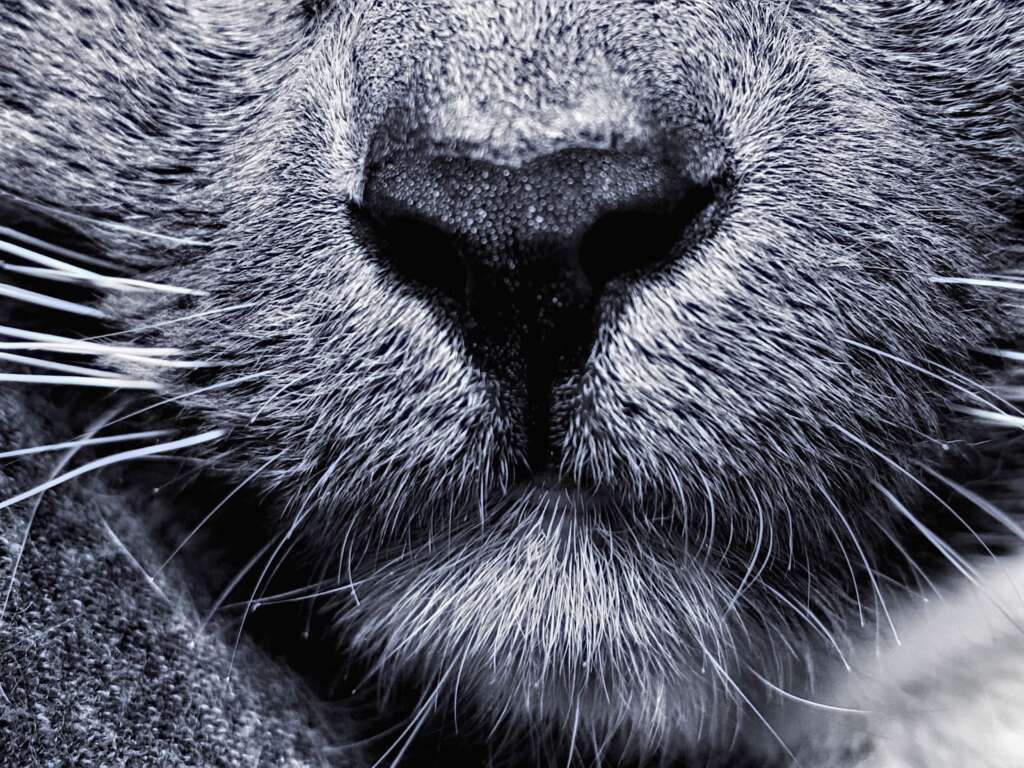
How to Invest in Future Happiness

Nowadays, when people talk about “the future”, it can encompass any number of distant time periods: Next year? After the pandemic? Ten years from now? Well, I was born in 1960, and when I was a kid, the future pretty much meant one thing: the year 2000. The new millennium was everyone’s common point of reference when we talked about the future. It was total science fiction, way off in the distance and totally unfathomable. It was easy to do the math if you were born in a year ending in zero, and I did the math all the time: In 2000, I’d be (gasp) 40! What would my life possibly look like in 2000, I constantly wondered. In my child-centric view of things, I saw myself married, in a big house with a wife, a couple of kids, a car or two, some pets for sure, and clearly I’d be pretty darn happy.

Well, the millennium came, and it went. Y2K was a pretty anticlimactic future. It didn’t feel like the future because, well, by then it had become the present, and I was currently living it. It had no resemblance to what I had imagined all those years before. There was no wife (there was a boyfriend, though! How’s that for a twist?) and no kids. One prediction did turn out to be accurate, though. I was indeed pretty happy.
Some of the happiness was surely due to my immediate circumstances: Whether age forty is young or old is debatable, but I certainly felt pretty young. An exciting new chapter of my life was beginning: I had moved back to NYC, I had just met a really great guy (who I’m still with, 22 years later), and I was about to start my own veterinary practice. But it felt like there was more to my happy state than that. In the same way that I feel that you make your own luck, I think I always felt that happiness doesn’t just befall some folks and elude others. I’ve always felt that you’re the architect of your own happiness, although if you asked me specifically how it’s achieved, I’m not sure I’d have been able to put it into words. However, I just read a really interesting article in The Atlantic, by Arthur C. Brooks, who confirmed what I’d been feeling all along.

In his article, Brooks discusses a study that was done to determine what makes people happy as they get older. The data show an interesting pattern: Happiness starts to decline somewhat through young adulthood and middle age, and hits its nadir around age 50. Happiness then starts to rise again as you hit your mid-60s. Then… something pretty interesting happens. Older folks split into two groups as they age: those who get much happier, and those who get much unhappier.

Way back in 1938, researchers at Harvard Medical School began a huge project in which they enrolled a bunch of men, and then followed them from youth through adulthood, asking them questions about their lifestyles, habits, relationships, and overall happiness. Over time, they expanded the study group, and have been updating the results regularly for more than 80 years. After analyzing how people lived, loved, and worked in their 20s and 30s, and whether they ended up happy in their later years, they were able to make some interesting conclusions about how to invest in your future well-being. The author of the article uses a great analogy, saying that we each have something akin to a “Happiness 401k” that we can “invest” in when we’re young, and if we invest wisely, we get to reap the benefits when we’re older.

Some of the investments are out of our control, like generational wealth, a happy childhood, family longevity, etc. But some factors are, to varying degrees, under our control. In fact, two researchers showed that there are seven big “investments” that we can control, and you want to make sure that these “accounts” are maxed out when you reach your later years. The seven big investment decisions are… smoking, drinking, body weight, exercise, emotional resilience, education, and relationships. Let’s take a closer look at each one:
- Don’t smoke. If you already smoke, then quit. The more smoke-free years you invest, the happier you’ll be later on.
- Watch the drinking. Excessive use of alcohol is pretty highly correlated with you being sad and unhealthy later in life.
- Maintain a healthy body weight. Eat healthy food, avoid yo-yo diets or intense restrictions that you can’t maintain over the long run.
- Exercise regularly. Like, every day, even if it’s just a daily walk.
- Learn to cope with life’s stresses. The sooner you find constructive ways to deal with life’s curveballs, the better you’ll handle bad stuff if it hits you in your 70s or 80s. Whether this involves therapy, religion, spirituality… you need to find out which works best for you.
- Engage in lifelong, purposeful learning. The more education you give yourself, the more active your mind will be in old age, and the happier you’ll be.
- Pursue and cultivate strong, satisfying long-term relationships. It doesn’t have to be a steady, stable marriage; relationships with friends and family fit into this category. You want people with whom you can grow and whom you can count on as a major part of your life.

When I looked at the list, I realized that I had indeed been steadily investing in my Happiness 401k. Starting from the top… I’ve never smoked, I rarely drink, I’ve never been overweight, and I’ve exercised regularly for years. For me, those first four were a piece of cake.
Number 5 has probably been my weakest investment, as my overly logical, scientific approach toward life steered me away from stress-coping methods that relied on religion or spirituality. The good news in this study is that a person doesn’t have to have overly strong investments in all seven categories to be happy. For example, if you cannot (or simply don’t want to) give up smoking, then you should make sure that you actively and deliberately invest a bit more heavily in the other areas, to compensate. I do think I’m investing a little more daringly in the stress-coping area, as I’ve practiced mindful meditation (on and off, but mostly on) for the past four or five years. How much it’s helping is hard to quantify. My partner Mark says that I’m definitely calmer and on a more even keel when I’m doing my meditation consistently. I’m also retired, and not having to deal with the stresses of the work has reduced the urgency for stress-coping mechanisms, even during this crazy pandemic. (For me, the stresses of the pandemic have been minor compared to the stresses of being a veterinarian and a practice owner.)

For me, number 6 has probably been the real key as to why I find life in my early 60s so satisfying. Education and learning has been the cornerstone of my life for decades, and it very much remains so today. As a veterinarian, you have to keep learning, to keep up with new developments in diagnostics and therapeutics for your patients. I’ve always gone beyond that, though, doing an internship, then becoming board certified in small animal internal medicine, and then acquiring another board certification in feline medicine. When I started my veterinary practice, I decided to pursue a sideline as a writer. This added another nice dimension to my career; I’ve been writing the veterinary advice column for CatFancy and Catster magazine for about 15 years now. Since I retired, the learning hasn’t stopped. If anything, it’s increased, being re-routed from the sciences to the arts. Being enamored with The Netherlands and all things Dutch, I started taking Dutch language classes so that I can converse with the natives when I visit Amsterdam, my favorite city. (I’m not quite conversational, but I do okay.) About five or six years ago, I developed a strong interest in photography. In retirement, I’ve pursued it pretty aggressively, taking a few courses in person and a few online. I’ve cultivated a small library of photography coffee table books and how-to books. I’ve become a member of Fotografiska, the photography museum here in NYC. It’s my hobby, and it’s my new passion. If lifelong, purposeful learning is a key factor to achieving happiness later in life, then my future is looking pretty rosy.

Hang on, we’re not done with the list. I’ve saved the best for last: developing strong, satisfying long-term relationships. The article says that this last factor is actually the most important of the seven. According to that Harvard study, the single most important trait of happy, healthy elderly folks was healthy relationships with others. Once again, I’m pretty fortunate in this area as well. I always had an excellent relationship with both of my parents (who are now deceased), and my relationship with my only sibling, my sister, has grown stronger over the years. I have a great, stable, satisfying long-term relationship with my partner Mark. My social circle has shifted quite a bit over the years, as it tends to do for everyone, but my core circle of people continue to be there for me. I remain close to my friend Brad, who I’ve known for nearly 30 years. My college buddies have become a really stable source of friendship. The seven of us dial into a zoom call every Monday night, where we chat, laugh, and share our lives. I’m the administrator of my veterinary school Class of ‘88 Facebook page, which keeps me connected with dozens of my veterinary school classmates. I recently spent ten days in the Caribbean with three of these classmates.

If you’re a young person reading this blog post, take heed of this information and start investing in your Happiness 401k in the same way you should be investing in your financial 401k: regular, steady investments throughout your life, so you can reap the rewards later on. If you’re like me, i.e. a stone’s throw from the “golden years”, you’re hopefully experiencing the fruits of these labors, and will continue to invest all through your retirement.
